AUTOBIOGRAPHY AS A TEACHING TOOL IN ADULT EDUCATION
Introduction: Autobiography in the Context of Non-Formal Education
It seems that the meaning of reading and writing changed day by day. Literacy means that in the past it was only to know the meaning of some figures. But today the meaning of literacy has changed to reflect changes in society and the skills needed by individuals to participate fully in society. At this point functional literacy is an important element in overcoming social life problems and social participation. Individuals need to develop their functional literacy qualifications.
Competences such as being a well-equipped member of the information society, being a good role model, expressing oneself in business life, being willing to take responsibility and defending rights can be listed under the name of functional literacy.
Autobiography can be seen as a non-formal adult education method to realize these competence areas. Non-formal education refers to the education that takes place outside the formal school system, it is generally used in educational processes such as community education, adult education, lifelong education. Non-Formal education is mostly based on the needs and experiences of individuals. It is individual-centered and shaped according to the developmental levels of individuals. It is flexible about what and how to learn, and student needs are decisive. It is based on participation. individuals are seen as active participants. It is inclusive. past lives of individuals are seen as wealth.
As can be seen, non-formal education contents put the lives of individuals at the center. In this respect, it overlaps with autobiography, which is a personal record-keeping process.
Autobiography enriches non-formal education by enabling individuals to transfer their experiences to learning processes. Because each learner’s experience is unique and therefore a source of wealth. Experiences open the door to finding solutions to existing problems. Adults have the opportunity to think about how self-management skills can be developed based on their life records.
The life stories of individuals also create a non-formal educational environment that encourages a collaborative environment. Through the activities to be carried out using autobiography, interactions between individuals are ensured and each individual is encouraged to take on various roles by participating in the discussions.
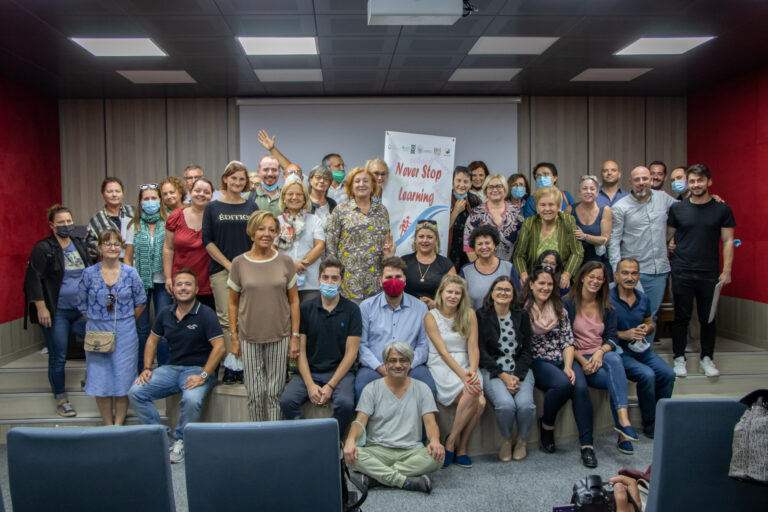
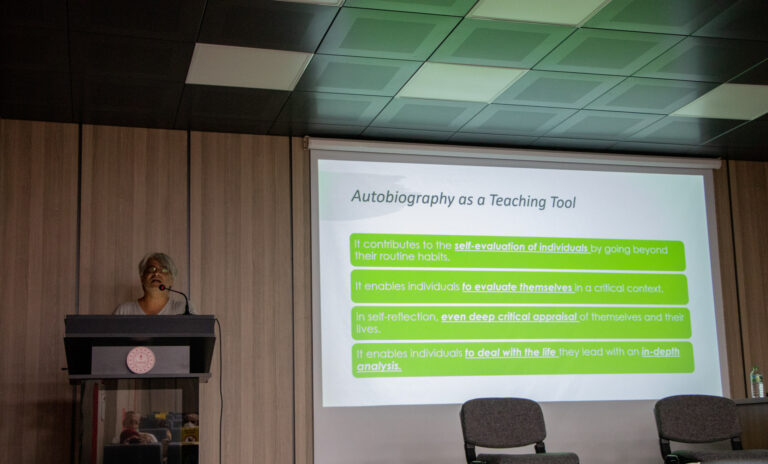
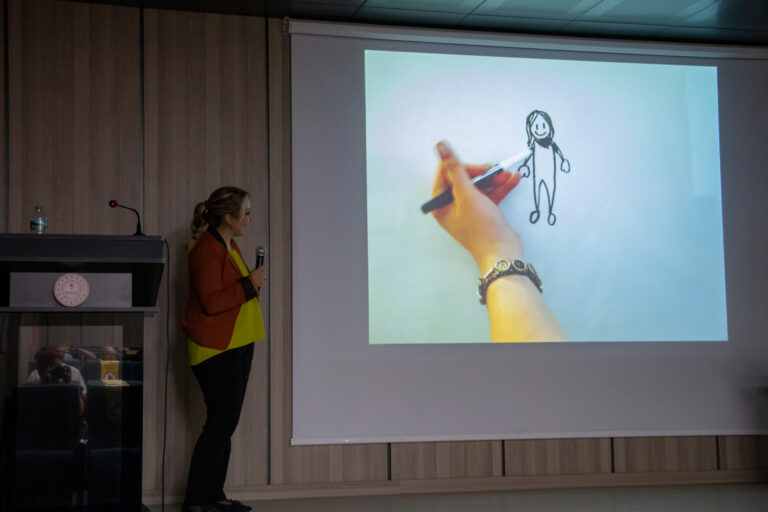
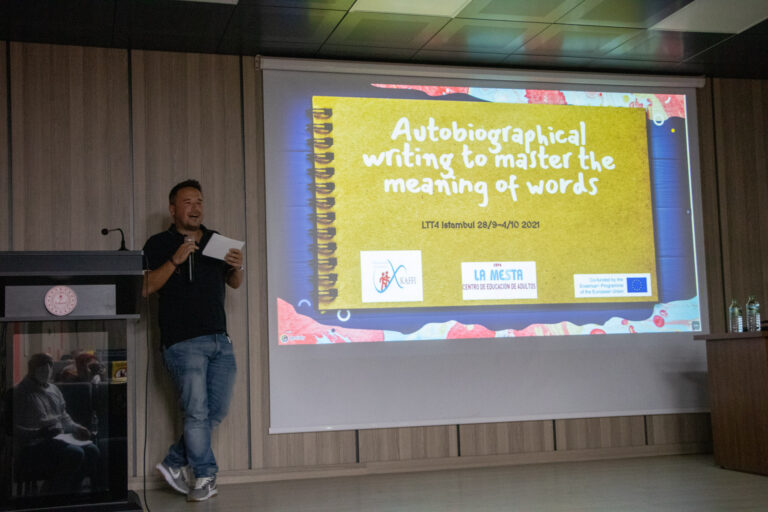
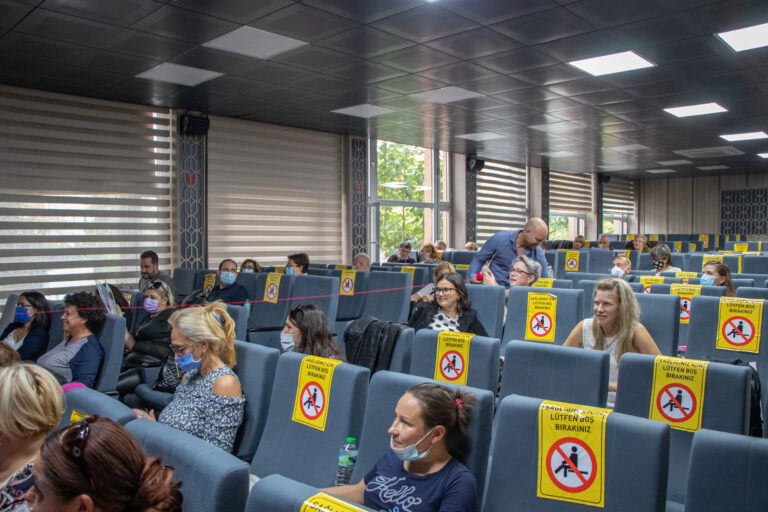
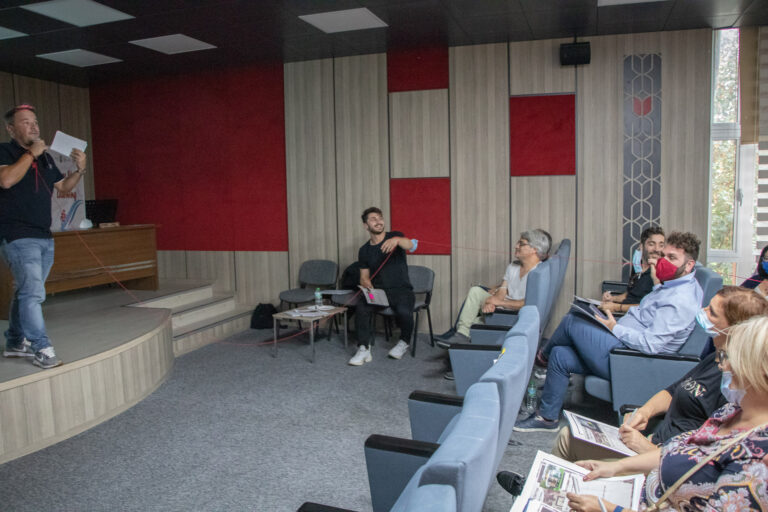
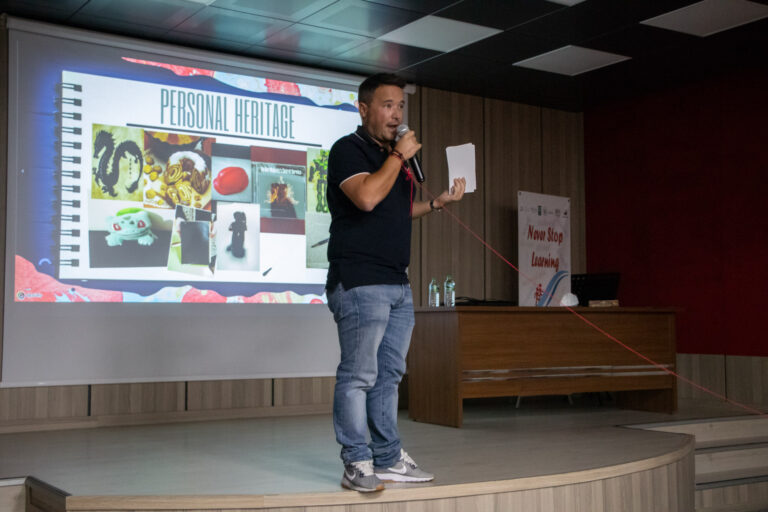
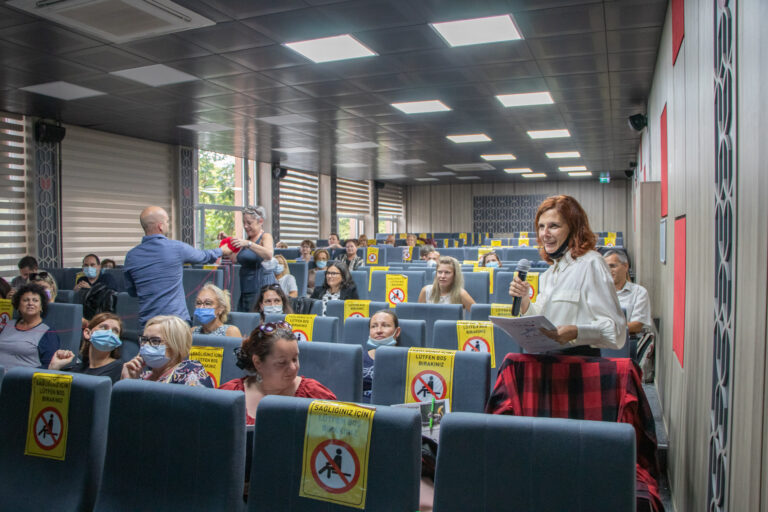
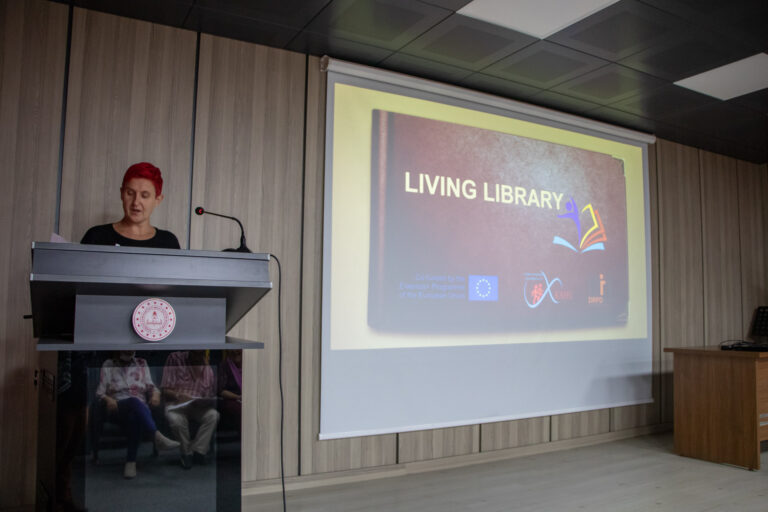
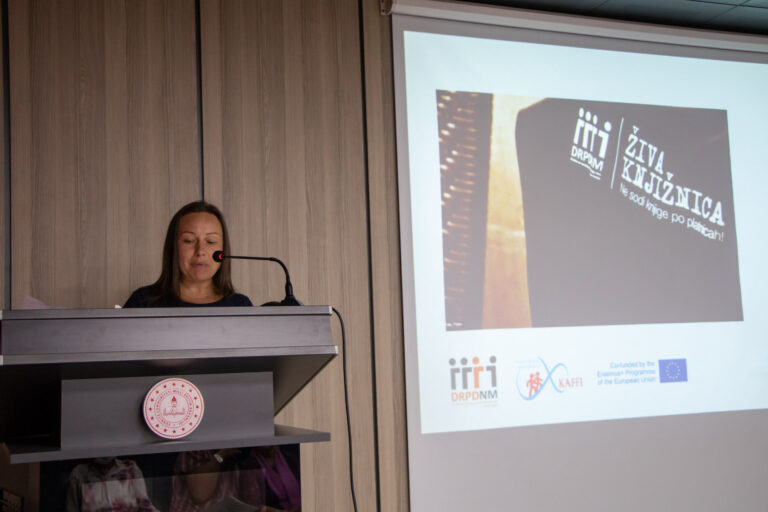
DECISIONS
• January 27th and 28th 2022 are the possible dates for the TPM in Greece. Attendees will arrive on the 26th and leave on the 29th.
• The participants should prepare a report about the activities organized and promoted in each association/school/organization. These reports will be collected and sent to the national agency. A sample of the report will be created by the Italian team and sent to the partners.
• The questionnaire that has been prepared to compare the pandemic period t should be filled by students and teachers. It should be prepared before the meeting in Greece. There, the results will be analyzed and shared, they will also be used for other purposes.
Download all presentatios and full report bellow.
0 Comments